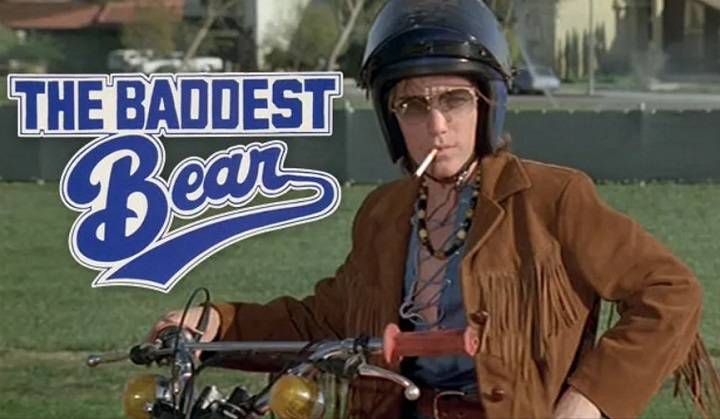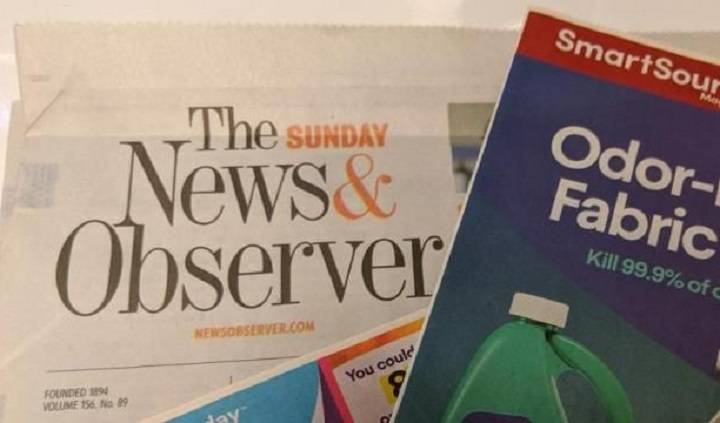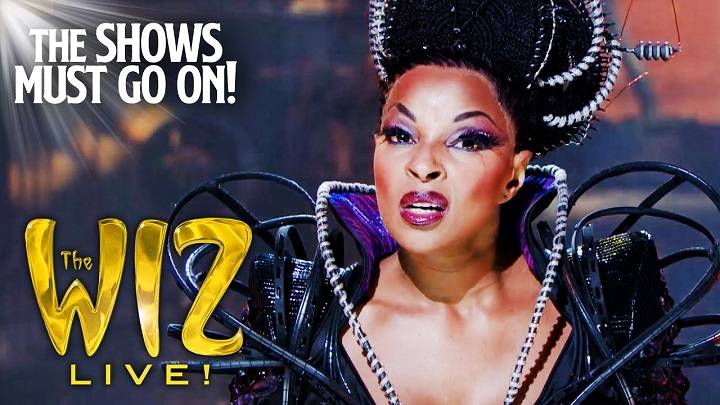
No Bad News The Wiz: The Power of Positivity, Soul, and Stagecraft
In the bouncy, soul-saturated universe of The Wiz, where funk and fantasy intersect and gospel and glitter collide, one number erupts onto the stage with bravura, with humor, and with less-than-subtlety infused with tyrannical force: “No Bad News.” Performed by the imposing Evillene, the Wicked Witch of the West, the song is short in length but titanic in impact.
From the 1975 Broadway to the 1978 cult hit and latter-day revivals, “No Bad News” has moved beyond its role as a story to become a cultural reference point — for singing, theater, attitude, and acid-witted observation on power, control, and repression of emotion.
This blog delves into the history, makeup, character psychology, sociopolitical resonance, and lasting influence of “No Bad News” within The Wiz. Whether you are a theatre aficionado, music lover, or cultural commentator, you’ll find there’s much to learn about in this blistering, unflinching extravaganza.
The Wiz: A Revolution in Musical Theater
Reimagining Oz From a Black Perspective
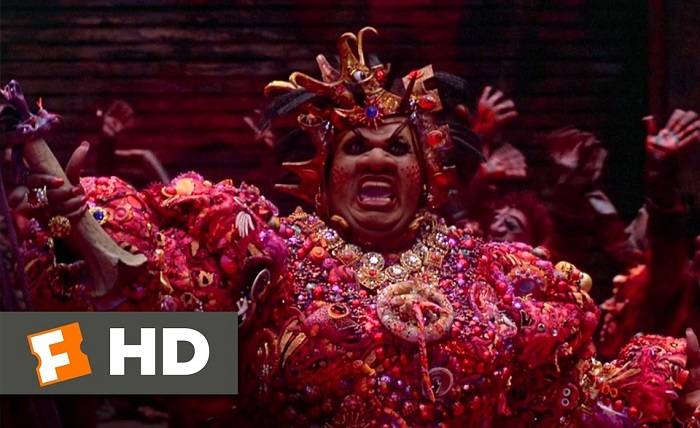
The Wiz was conceived as a bold reinterpretation of The Wizard of Oz, taking L. Frank Baum’s hallowed classic and retooling it as a funk-drenched, urban, African American exploration of self and survival. When it premiered on Broadway in 1975, with music by Charlie Smalls, it didn’t merely reinterpret a fairy tale — it rewrote musical theatre history.
Holding seven Tony Awards, such as Best Musical, The Wiz itself became an iconic celebration of Black creativity, Black storytelling, and Black community empowerment.
Why “No Bad News” Soars
Amid a score featuring traditional song numbers like “Ease on Down the Road,” “Home,” and “Brand New Day,” the “No Bad News” song has its own special position. It introduces us to the villainess Evillene not only as evil, but as nagging, angry, quasi-comedic queen who demands obedience by enforcing emotional censorship.
And yet, the figure is not only villainous — it’s also humorous, fascinating, and gruesomely human.
Hello Evillene: The Villain We Love to Boo
A Character Study in Power, Control, and Suppression
Evillene, the Wicked Witch of the West, is personification of tyranny, bitter scorn, and raging fear-mongering. She’s flashy. She’s boisterous. And she loathes bad news.
But underlying the dominant stance is something all too tangible — a stifling craving for dominance in a world that she couldn’t trust. When she barks “Don’t nobody bring me no bad news,” she’s not giving orders — she’s building a bunker against pain, against disappointment, against vulnerability.
She’s not just a villain. She’s a survivor.
Comic Relief or Cautionary Tale?
While played traditionally in over-the-top comic fashion, Evillene’s character is also a caution about what happens when bitterness is allowed to rule. Her dictatorial silence demands, fear manipulation, and constant anger render her oddly recognizable — one recalls actual people who refuse the truth as a way of preserving ego.
Her tyrannical breakdown in “No Bad News,” while hilarious, is also heart-wrenching — an exaggerated mirror held up to emotional denial.
Breaking Down “No Bad News”: Lyrics and Interpretation
Opening Lines: Establishing the Tone
“When I wake up in the afternoon, which it pleases me to do / Don’t nobody bring me no bad news!”
These opening words are straightforward and iconic — a shot across the bow to all who can hear. That Evillene begins her day in the afternoon already places her outside the social clock — she’s not bound to the traditional rhythms of the day.
But the real hook is in the petition — “no bad news” — a charge of psychological repression. If everything doesn’t fall into line for her personality, then everything must be destroyed.
The Rhythm and Pacing
Musically, “No Bad News” is based on a funky rhythm, distorted bass, gospel-influenced background harmonies, and staccato delivery. It’s more about melodic presence than strong presence — much like Evillene herself.
The beat comes close to the sudden, immediate style of dictators’ words — short, authoritative, full of honorific interjections. Each note is a slap or a stamp.
Lyrical Highlights and Interpretation
“If you’re gonna bring me something, bring me something I can use / But don’t you bring me no bad news!”
This is the philosophy of Evillene in a nutshell: usefulness, not veracity. People, concepts, and gossip are worthwhile only if they advance her goal. This is dictatorship on stage.
Broadway vs. Film: How “No Bad News” Developed Across Mediums
Broadway (1975 Original Production)
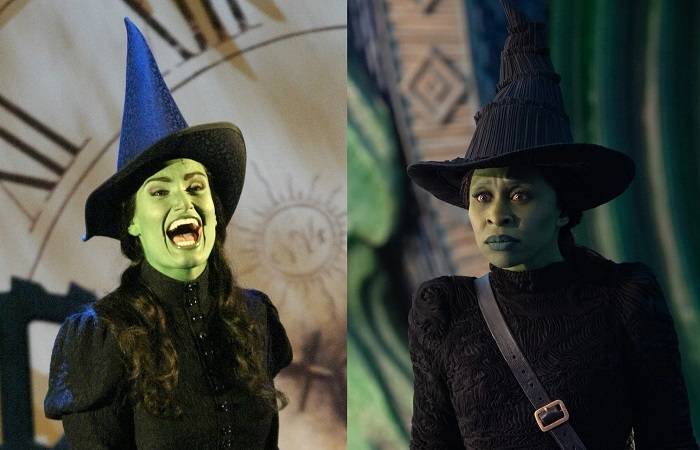
Mabel King originated the role of Evillene in the first Broadway production. She was mesmerizing on stage — snarling with soul, comedic timing, and unrestrained vocal power. Her “No Bad News” was approaching the level of sermon — a pain preacher in royal drag.
Live theater allowed her to reach out on an individual basis to the audience, using eye rolls, pauses, and physical comedy to bring Evillene bigger than life.
The Wiz (1978 Film Version)
Mabel King recreated her stage work on film, giving the public her stage ability in a state of preservation. The film pushed the visuals — Evillene’s lair was a steam, sweat hellhole of industrial griminess.
The choreography in the movie adaptation adds depth to the number:
Backup dancers emulate trembling servants.
Spotlights strobe when Evillene makes her dramatic pronouncements.
The camera zooms in as her fury intensifies — until her last tantrum.
It’s a masterclass in tension on film — making “No Bad News” into a demented, funky fever dream.
Cultural Significance and Political Parallels
A Protest Against Negativity — or Accountability?
The “no bad news” motto of the song has now become pop culture code for denial, toxic positivity, and sometimes even corrupt governance.
It’s employed at work to mock managers who punish employees for speaking the truth.
In politics, it is authoritarian denial of the truth in place.
In personal life, it is remoteness of emotions and blaming it on optimist.
The irony? The demand for “no bad news” generally leads to worse results — as it does in the musical, when Evillene is ultimately destroyed by the very truth she avoids.
Relevance to Mental Health Conversations
In the contemporary era, “no bad news” has relevance in forums of emotional health. Positivity is powerful, yet denial is fatal. Evillene as a personality represents the warning story of what we find when we do not face mourning, anger, or fear.
Performance Legacy: Interpreting Evillene Across Generations
Iconic Revivals
The Wiz has been revived time and again over the years — on Broadway, off-Broadway, in regional theater, in schools, and even on NBC’s “The Wiz Live!” in 2015, when Mary J. Blige acted out Evillene.
Blige’s reading gave “No Bad News” a gritty, bluesy flavor, with a heavier emphasis on anger and bitterness rather than comedy. Her Evillene was less clown, more caution — a tough-talking woman of pain.
Evillene as a Dream Role
For Black dramatic actresses with strong voices, Evillene is a fantasy figure. The song offers performers the strange luxury of:
Being fierce and funny
Singing fire and freedom
Commandeering the stage with unapologetic confidence
From school dramatic societies to church choirs, “No Bad News” is still a rite of passage.
Impact on Music, Pop Culture, and Theatre
Sampling and Musical Tributes

The attitude and rhythm of “No Bad News” have impacted hip-hop and R&B performers, particularly the popularity of songs that combine funk beats and assertive lyrics. Although it has not been extensively sampled in mainstream music, its attitude still exists in the music of:
Beyoncé (particularly her Homecoming performances)
Lizzo’s fearlessness
Jill Scott and Erykah Badu’s narrative flow
Pop Culture References
The words “Don’t nobody bring me no bad news” have appeared:
In series like Martin and The Fresh Prince
TikTok soundtracks remixing
Memes about not reading email or skipping Monday
It’s a gospel-soul version of “I can’t even today.”
Legacy of “The Wiz” and Black Musical Theatre
Why “No Bad News” Still Matters
In a culture where many voices are still marginalized, “No Bad News” reminds us of the power of theatrical protest, performed in joy. It says what we’re too afraid to say. It makes us laugh while confronting us with truth.
It’s also a triumph of Black performance art — where funk, gospel, theatre, and cultural critique collide.
FAQs About “No Bad News” from The Wiz
Who originally performed “No Bad News” in The Wiz?
Mabel King created the Evillene character on Broadway in 1975. He recreated it in the 1978 film.
What does “No Bad News” convey?
It is witty. But it’s also filled with passion. The lines show emotional control mixed with fear. Denial is mocked. The character tries to look calm. But that calm is forced. It’s all repression.
Is “No Bad News” used elsewhere outside of The Wiz?
Yes. The song is a cultural slogan and appears in memes, pop culture allusions, and occasionally in sermons to illustrate toxic positivity or truth avoidance.
Did Mary J. Blige perform “No Bad News” live?
Yes. She performed Evillene in The Wiz Live! for NBC in 2015 and provided a gritty, unapologetic performance of the song.
Why is The Wiz culturally significant?
It sweeps up and recovers Black identity, music, speech, and story — transforming a white-source fantasy into an essence-spilled revolution of pleasure and expression.

